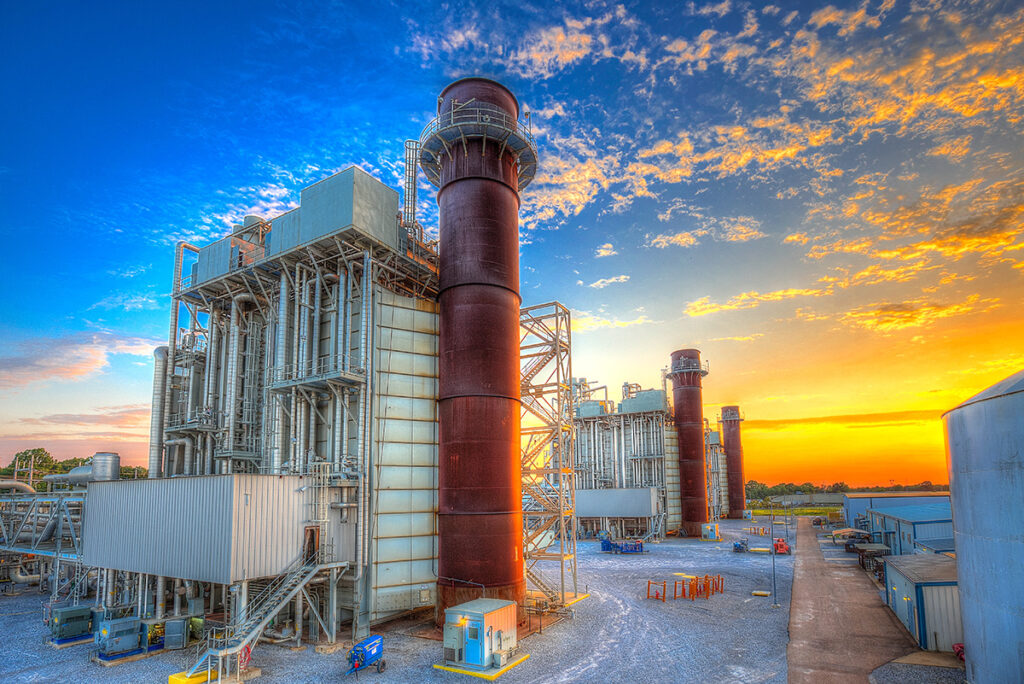
A Biden administration proposal to regulate nitrogen oxide emissions from new and upgraded natural gas-fired plants is flawed and will pose reliability and cost challenges for electric cooperatives, NRECA said in comments filed to the Environmental Protection Agency on April 15.
The proposed rule would modify new source performance standards for nitrogen oxide from new, modified and reconstructed combustion turbines (CTs) under Section 111 of the Clean Air Act.
NRECA asked the EPA to revise the Biden-era proposal or find that no updates to the current standards are necessary. The agency is under a court order to finalize a rule by November.
The proposal “would constrain how cooperatives operate their CTs with significant impacts on reliability and would increase costs to cooperatives’ end-of-the-line consumer-members,” NRECA said in its comments. “It also does not align with the Trump administration’s vision of American energy dominance.”
Combustion turbines are “an essential generation source” for grid reliability as power demand rises from growth in data centers, industrialization and electrification, the comments stated.
CTs can quickly start up and shut down, helping stabilize the grid during high-demand periods or unplanned outages. They are also ideal for supporting weather-dependent renewable energy resources, NRECA said.
In 2023, natural gas-fired generation made up the single largest share of U.S. electric output at 43%, according to Energy Information Administration data. Simple cycle and combined cycle CTs made up 84% of the country’s gas-fired generation capacity in 2022.
“These units provide versatile, dispatchable power to the grid and can ramp up and down as needed to meet demand,” NRECA said. “These attributes will only make CTs more critical as electricity demand continues to skyrocket. Their essential nature is exemplified by several projects underway at [generation and transmission] cooperatives across the country.”
But the EPA’s December 2024 proposal contained a “major flaw” that would limit co-op use of gas turbines, the comments asserted.
NRECA said the agency “substantially underestimated” the cost of required emissions control technology for several types of CTs under the rule and that the technology “is not cost effective for many of the units to which it would apply.”
As a result, “many new and existing CTs that will be vital to sustaining the electric grid and meeting future demand growth would be arbitrarily limited to run less often than makes sense—and does not justify the assumed benefits.”
NRECA said the EPA “should reevaluate the proposed rule’s impacts on the electric utility sector and its barriers to the administration’s vision of American energy dominance.” The association highlighted several executive orders signed by President Donald Trump that clearly demonstrate his administration’s desire to remove regulatory barriers to affordable, reliable energy.
Molly Christian is a staff writer for NRECA.